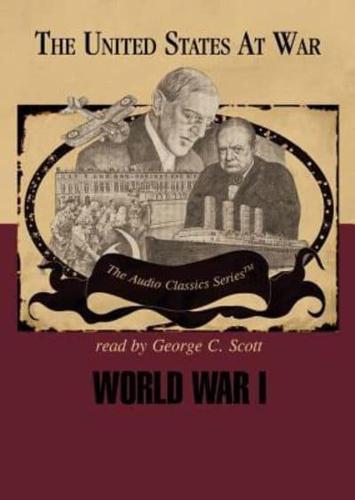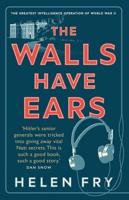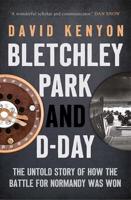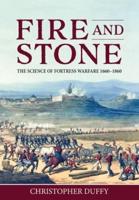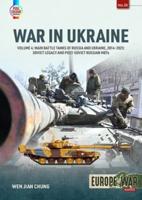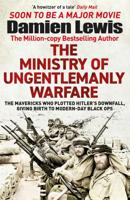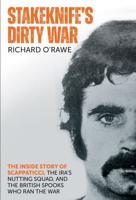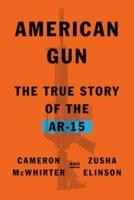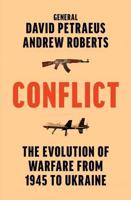Publisher's Synopsis
By the turn of the twentieth century, the United States had evolved from a British colony into an international power. As a result of the Spanish-American War, America had acquired colonies in both the Atlantic and Pacific Oceans, as well as a taste for international politics.
Then the First World War erupted. As it dragged on, Americans fiercely debated US involvement; the nation had a deep tradition of avoiding foreign wars. But while the Spanish-American War had challenged this tradition, the First World War would shatter it.
President Woodrow Wilson called World War I "a war to make the world safe for democracy." But the conflict brought neither safety nor democracy--instead, governments restricted personal and economic liberties to better pursue the war. In Russia, the Bolsheviks would translate an antiwar groundswell into a communist revolution and revolutionaries around the world would look to them as a model.
Even the Treaty of Versailles, which formally ended the war between Germany and the Allies, brought no security. Of the treaty and its harsh terms, a French representative declared, "This is not peace. It is an armistice for twenty years."
The United States at War series is a collection of presentations that review the political, economic, and social tensions that have erupted in military conflict and examine how the conflict resolved, or failed to resolve, those tensions.
